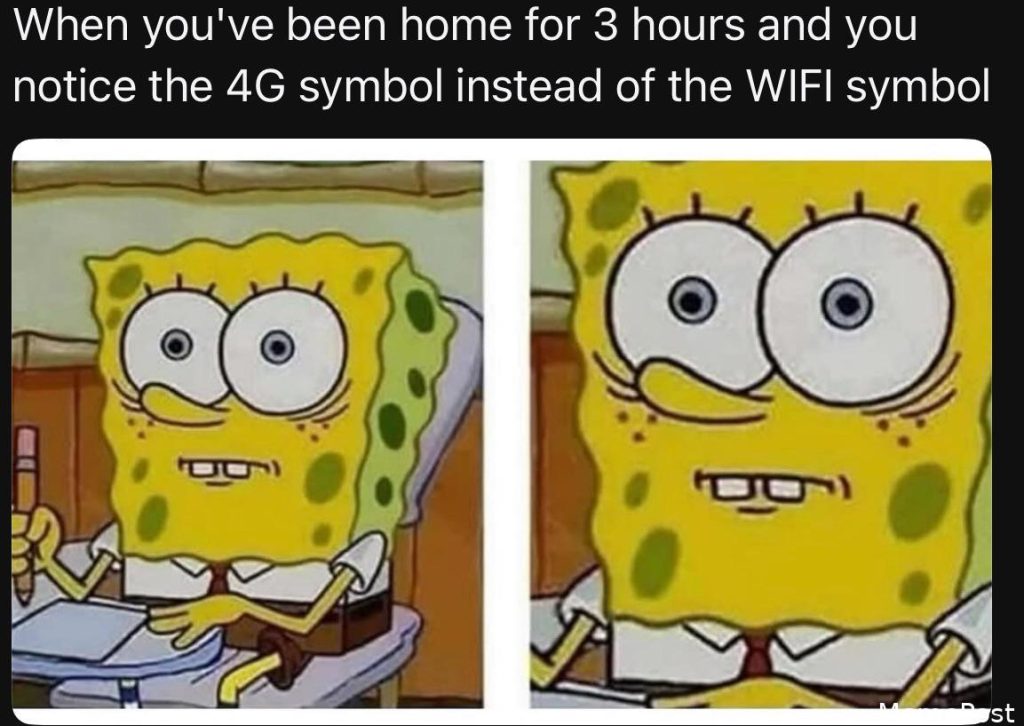AITA for eating pizza that wasn’t mine?
 Image credit: Pixabay (This is example image – Not the actual photo)
Image credit: Pixabay (This is example image – Not the actual photo)
Who Owns the Mystery Pizza?
When a surprise pizza delivery lands on the doorstep of a college apartment, tensions rise among roommates who are already at odds. One roommate claims ownership of the pizza despite no one ordering it, leading to a heated debate over entitlement and shared spaces. This relatable scenario highlights the complexities of living with others, especially in a college setting where food can spark unexpected conflicts. Can a mystery pizza really belong to anyone, or does it become communal property in a pinch?
Family Drama Over Mystery Pizza
In a college apartment, a situation arose involving a mystery pizza that led to conflict among roommates. The incident highlights the challenges of shared living and the complexities of conflict resolution in a communal setting.
- Delivery Surprise: A pizza was delivered to the apartment while one roommate was out for dinner. Upon returning, she found the pizza sitting on the steps and informed the roommate group chat that it was there.
- Roommate Interaction: One of the other roommates, with whom she had a strained relationship, took the pizza and placed it on the counter. This roommate was also unaware of who ordered the pizza.
- Group Inquiry: When the other two roommates returned home, the roommate who took the pizza asked if it belonged to anyone. After confirming that no one had ordered it, they decided to eat the pizza, excited about the unexpected free food.
- Fridge Storage: The remaining pizza was stored in the fridge for later consumption, with no direct communication about its ownership.
- Next Day Conflict: The following day, the original roommate decided to eat a couple of slices. This action sparked anger from the roommate who had initially taken the pizza, as she claimed it was “her” pizza.
- Ownership Debate: The original roommate felt justified in eating the pizza since no one had paid for it and she had informed the group about its presence. However, the conflict highlighted differing perceptions of ownership among the roommates.
This incident serves as a reminder of the potential for family drama in shared living situations, especially when it comes to food. It raises questions about communication and the importance of establishing clear boundaries regarding shared resources. In the context of wedding tension or other significant events, similar misunderstandings can escalate if not addressed promptly.
Ultimately, this situation could benefit from open dialogue among the roommates to clarify expectations and prevent future conflicts over shared items. Effective conflict resolution strategies, such as discussing boundaries and responsibilities, could help maintain harmony in the apartment.
This is Original story from Reddit
 Image credit: Pixabay (This is example image – Not the actual photo)
Image credit: Pixabay (This is example image – Not the actual photo)
Story
Last night, some pizza got delivered to my apartment and was sitting on the steps when I got home from dinner. I didn’t order it, so I texted the roommate group chat saying it was outside. One of my other roommates, who I don’t get along with, grabbed it since she was home too and put it on the counter.
She didn’t order it either. After our other two roommates got home, I overheard her asking if it was theirs, and no one in the apartment had ordered it. They were excited about the free food; we are in college and ate some, putting the rest in the fridge.
Nothing about the pizza being no one’s was voiced directly to me, but I could hear the conversation. I ate a couple of slices the next day, and my roommate was mad at me for eating “her” pizza, even though she only knew about it because I texted and nobody here paid for it. I feel like I have just as much right to eat the mystery pizza as anybody else, but maybe that’s not the case?
View the Original Reddit Post Here
Summary of Reddit Comments
The top Reddit comments reveal a strong consensus around NTA due to the notion that free pizza is considered communal and belongs to no one in particular. Most users agree that the original poster (OP) had every right to eat the pizza since it was not claimed by anyone, highlighting the idea of “finders keepers” in this context.
- Users emphasize that since the pizza was free, it is essentially everyone’s pizza.
- Many commenters suggest that the roommate’s claim to the pizza is unfounded, reinforcing the idea that OP’s actions were justified.
Overall, the verdict is NTA.
Expert Advice for Resolving the Conflict
Conflict in shared living situations, especially over something as trivial yet significant as food, can lead to misunderstandings and tension among roommates. Here are some practical steps to help both sides navigate this situation and foster a more harmonious living environment:
- Open Communication: Encourage all roommates to sit down together and discuss the incident openly. Each person should have the opportunity to express their feelings and perspectives without interruption. This can help clear the air and prevent future misunderstandings.
- Establish Clear Guidelines: Create a set of guidelines regarding shared items, especially food. Discuss what to do when unexpected items arrive, such as delivery food. Agree on a “finders keepers” policy or a system for claiming ownership of shared resources.
- Practice Empathy: Each roommate should try to understand the other’s viewpoint. The original roommate may feel justified in eating the pizza since it was unclaimed, while the other roommate may feel a sense of ownership because she was the one who moved it. Acknowledging these feelings can help bridge the gap.
- Set Up a Food Sharing System: Consider implementing a communal food shelf or a shared food fund where roommates can contribute and share meals. This can help reduce conflicts over food and create a sense of community.
- Regular Check-Ins: Schedule regular check-ins to discuss any issues that may arise in the apartment. This can be a casual meeting where roommates can voice concerns and celebrate successes in maintaining a positive living environment.
By taking these steps, roommates can work towards a more respectful and understanding relationship. Remember, the goal is to create a living space where everyone feels comfortable and valued, and effective communication is key to achieving that.
Join the Discussion
 Image credit: Pixabay (This is example image – Not the actual photo)
Image credit: Pixabay (This is example image – Not the actual photo)
What do you think? Would you have handled this differently?
Share your thoughts below! Vote: Do you agree with Reddit’s verdict?






